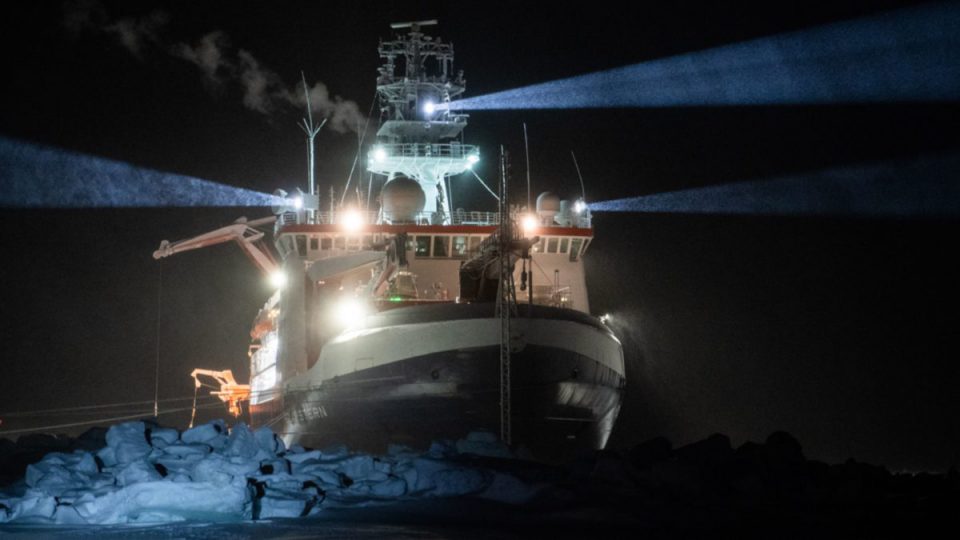For the past six months, the German icebreaker Polarstern has been drifting through the central Arctic Ocean, intentionally frozen into the ice. A rotating cast of hundreds of scientists from all over the world have been traveling to and from the vessel for months at a time to assist with the MOSAiC expedition, an enormous polar science effort aimed at improving our understanding of the Arctic environment in a time of rapid, human-caused climate change.
Earlier this month, the government of Svalbard, a remote island archipelago in the Arctic Oceanclosed its borders to outsiders amid growing concerns over Covid-19. As a result, roughly 100 scientists and support staff who had planned to relieve the crew that’s been aboard the Paternoster since February no longer have a flight, Vice News reported.
MOSAiC’s organizers are now scrambling to pull together a contingency plan, which will likely involve ferrying the next group of scientists north with a resupply shipment aboard a giant icebreaker vessel.
According to Vice News, MOSAiC scientists face the challenge of continuing a massive international research endeavor that can’t easily be stopped. As organizers navigate travel restrictions in order to keep crews of scientists and support staff rotating on and off the Polarstern and ensure a steady influx of new supplies, they’re also doing everything in their power to prevent a deadly virus from spreading to the vessel, which is difficult to reach by air and takes weeks to reach by sea.
The cancellation of these survey flights, which were going to study Arctic ice, cloud, and aerosol properties, are a disappointment, but they don’t compromise the campaign’s core scientific mission.

